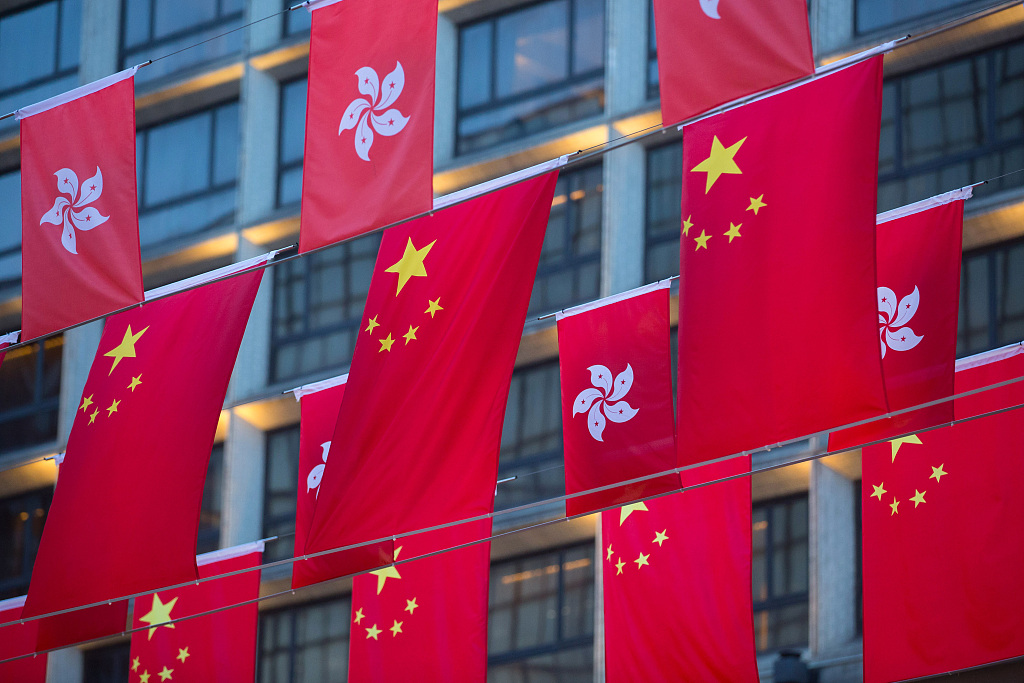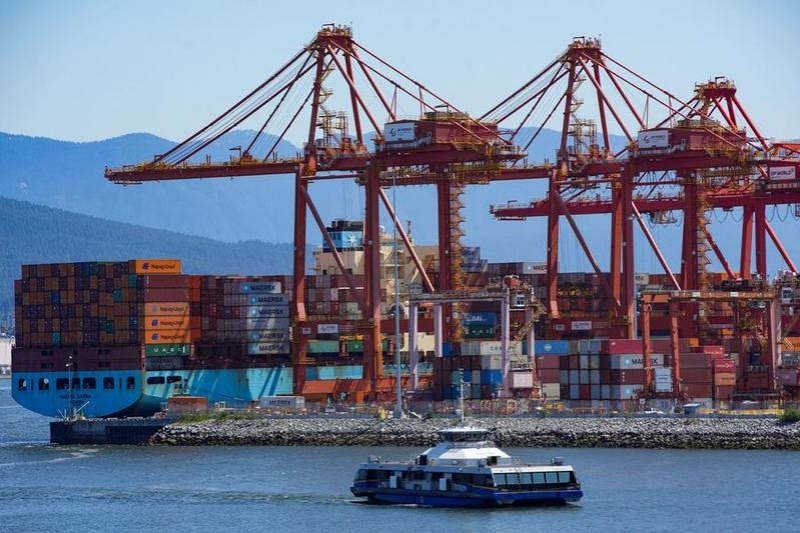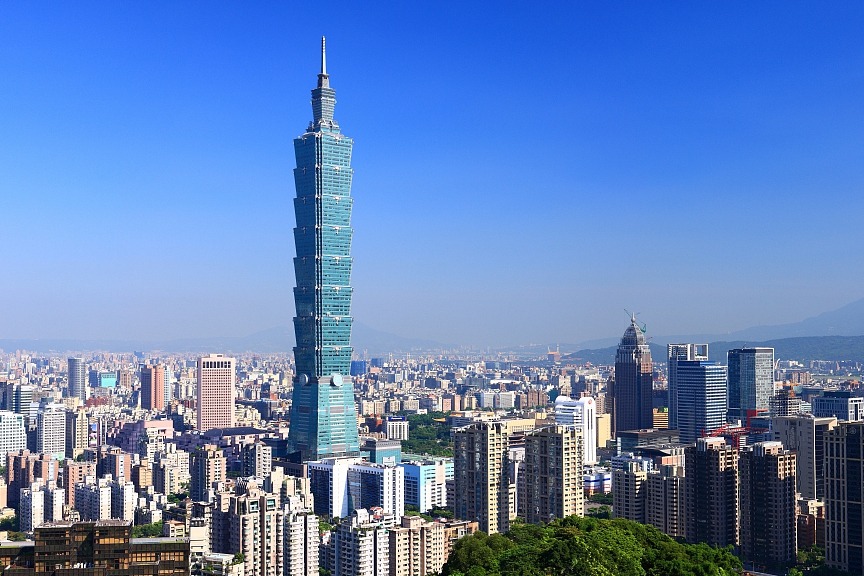Common prosperity will help bridge the understanding gap


Editor's note: Beijing rebuked Jeremy Hunt, the United Kingdom's foreign secretary, and Chris Patten, the last British governor of Hong Kong for their remarks about the violent protests in Hong Kong recently. China Daily writer Li Yang comments:
Beijing pointed out that the two had no ground on which to stand, since Hong Kong residents did not enjoy any democratic rights under British colonial rule.
However that fact does not help answer the question of why some of the protestors are seemingly nostalgic for the "good old days" of British rule when they were actually not entitled to any of those democratic rights they enjoy today. For instance, they could not choose the head of the administration, had no say over who made up the legislature and were even not allowed to take to the streets, all rights they have enjoyed since Hong Kong was returned to China in 1997.
Compared with the UK's colonial rule over Hong Kong — the British army occupied the Hong Kong Island on Jan 26, 1841 — the 22 years since 1997 is still a short time. More important, over those years, Hong Kong was transformed from an unknown spot in the mouth of the Pearl River to a pearl of Asia.
Naturally, Hong Kong residents took pride in this achievement and identified themselves as subjects of the world's strongest empire and attributed Hong Kong's prosperity to its colonial governance. Which means some of them have looked upon other parts of Asia, including the Chinese mainland, in a condescending way for a long time.
In contrast, people on the mainland firmly think that the handover marked the end of a humiliating chapter in Hong Kong's history, which should have made Hong Kong people, who are regarded as long-lost sons of the motherland, feel proud and elated. But in fact, many Hong Kong residents have felt confused and uncertain about their future back then.
The protests should remind Beijing to address the identity gap between Hong Kong and the Chinese mainland, which has long been covered up by patriotic narrations, and has been a source of the understanding deficit between Hong Kong residents and their mainland compatriots.
The "one country two systems" has been a means to ease the transition of Hong Kong's handover, but it will clearly take more, particularly time and further development, to awaken Hong Kong residents to the de-colonization of Hong Kong.
While building the Guangdong-Hong Kong-Macao Greater Bay Area, a national development strategy, more platforms and opportunities should be created for the integrated development of the region, which will naturally deepen mutual understanding. It will take joint efforts of both sides to resolve Hong Kong's lingering identity crisis.


































